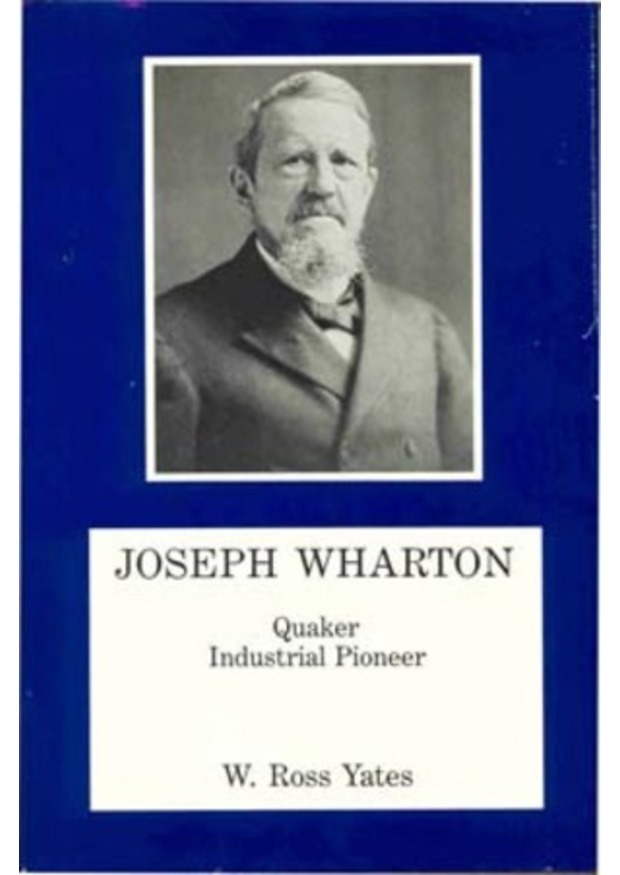Quaker Industrial Pioneer
W. Ross Yates's work is the first booklength biography of Joseph Wharton, pioneer industrialist. Wharton grew up in the period dominated by inventors and builders such as Cyrus McCormick, Samuel F. B. Morse, and Josiah White; matured during the years in which leadership was provided by Asa Packer, Ezra Cornell, Cornelius Vanderbilt, and Elias Howe; and aged along with Andrew Carnegie, John D. Rockefeller, Henry C. Frick, Edward H. Harriman, and James J. Hill. Yates comprehensively traces Wharton's family background and business enterprises and in doing so emphasizes the links between Wharton and the industrial and financial practices with which his career was involved.
Joseph Wharton's own contribution to the nineteenth-century age of industrial giants rests on his introducing the production of metallic zinc and nickel in the United States and promoting the steel industry, largely through the Bethlehem Iron Company, parent of the great Bethlehem Steel Corporation. His resourcefulness gave the nation the wilderness area known as the Wharton State Forest in the pinelands of New Jersey; his philanthropy provided the University of Pennsylvania with the Wharton School of Finance and Commerce and strengthened Swarthmore College through its difficult early years.
Wharton's ancestors were successful Quaker merchants. His parents, however, disdained trade and gave full time to ministering within the Hicksite branch of Quakerism in Philadelphia. Joseph, the fifth of nine children, was privately educated and passed three teenage years as an apprentice farmer. With only brief experience with bookkeeping, brickmaking, and the manufacture of chemicals, he eventually took over management of the Pennsylvania and Lehigh Zinc Company at Bethlehem, Pennsylvania. Wharton subsequently bought a nickel mine in Lancaster County and became instrumental in bringing about the coining of the "nickel." He was also the first to make pure malleable nickel on a commercial scale.
Wharton branched out into the iron, steel, and fishing industries; became the principal lobbyist of the American Iron and Steel Institute for high protective tariffs; and was respected among scientists for his work in chemistry. His interest in railroads led him to become involved with the Lehigh, the Reading, the San Antonio and Arkansas Pass, and the Oregon Pacific; and his business in gold mining entailed ownership of mines in southern Nevada and dredging operations in Idaho. Later in life, he became the largest manufacturer of pig iron in New Jersey and owned iron mines there and in New York and coal lands in Pennsylvania and West Virginia.
Yates's account shows that in all Joseph Wharton's major undertakings, he succeeded, often against great odds, where others failed. Strictly ethical in business, according to the standards of the times, and a strong family man, he carried his experiences with an early nineteenth-century family economy into the management of great enterprises--a feat that is a reflection of the early stages of American economic growth.













